Resources
Browse resources created and collated by ARIIA as a trusted, evidence-based guide to supporting innovation across the aged care sector.
Showing

Dining and consumer choice – Goal planning form
This is an interactive, fillable form to be used by aged care staff to plan their services' food, nutrition and dining goals to improve resident's and older people's experiences of dining.
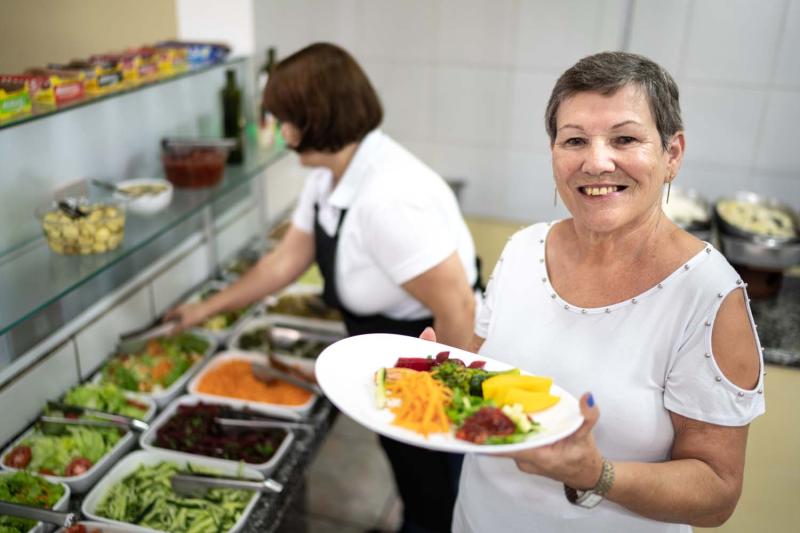
Food, nutrition and dining: a reflection on practice – A training resource for aged care providers and their workforce
A PowerPoint presentation by the Commission to be used by aged care providers as a resource to support staff to learn about food, nutrition and dining framed within the four priority areas of dining, choice, swallowing and oral health.

Food, nutrition and dining – Stand up discussion notes
The Commission has developed this resource for providers to introduce food, nutrition and dining topics to their staff. Each topic area is supported by a resource having two different sets of reflective discussion points, a set for the corporate group and one for staff providing direct care.
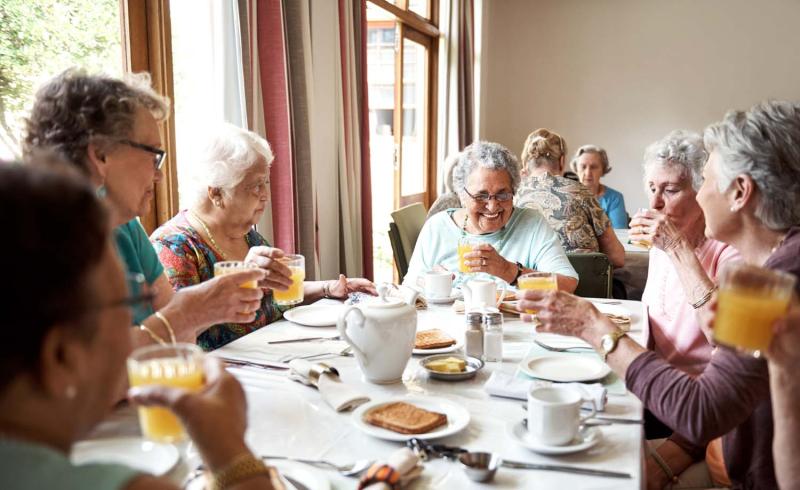
A fact sheet for aged care residents – Do you have questions, concerns or complaints about your food, nutrition and dining in aged care?
A fact sheet explaining how older people receiving aged care services can use the Food, Nutrition and Dining Hotline to ask questions, raise concerns or make a complaint about their dining experiences.

Food, nutrition and dining Hotline - Stakeholder communications kit
The Commission has developed this communication kit to help service providers to spread the word to staff and older people about their Food, Nutrition and Dining Hotline. The kit includes social media posts and tiles, video, fact sheets and a newsletter article to promote the Hotline and other food, nutrition and dining resources.

A factsheet for providers – About the Food, nutrition and dining Hotline
This fact sheet outlines the the Commission's Food, Nutrition and Dining Hotline and how the service can support aged care providers and people receiving aged care services.
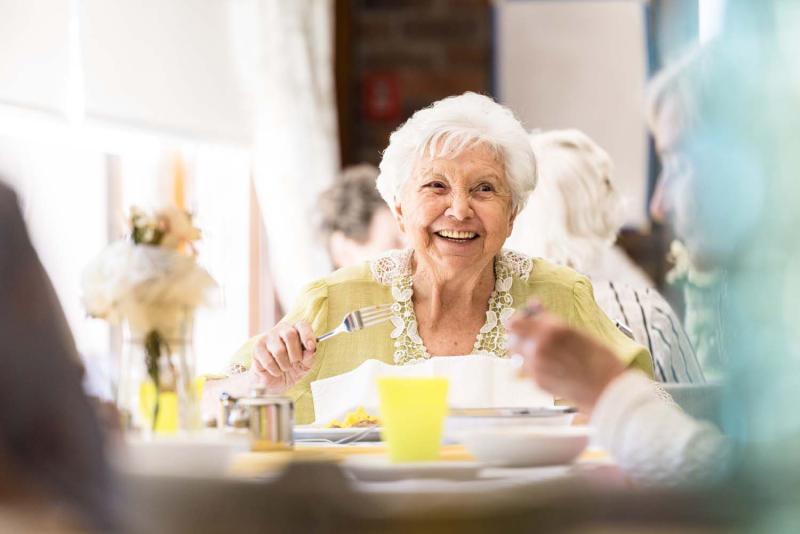
A fact sheet for aged care residents – Enjoying dining in aged care
A fact sheet for aged care residents explaining how enjoyable dining experiences can be created by working with care teams. This fact sheet also outlines considerations for care teams when planning dining experiences and how these align to the Aged Care Quality Standards.
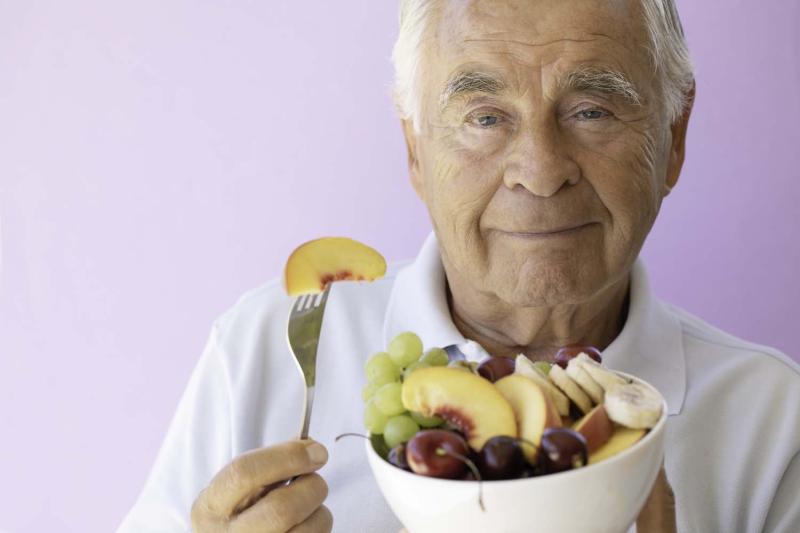
A fact sheet for aged care residents: Informed choice and supported decision making for people who eat and/or drink when there may be a risk
A fact sheet outlining older people's rights when it comes to making choices food and drink, including how care teams can support informed decision-making about food or drink.
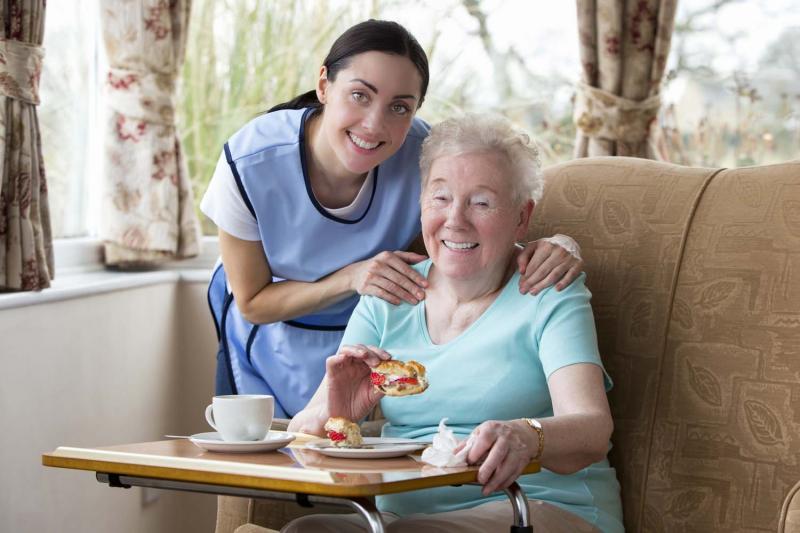
Training and Education Programs for Cooks, Chefs and Providers.
This freely accessible online program provided by the Maggie Beer Foundation aims to educate and train aged care staff and providers in creating and supplying nutritious and appetising meals to residents. They also provide other tools such as food satisfaction questionnaires to evaluate the meal service and membership of a professional community.
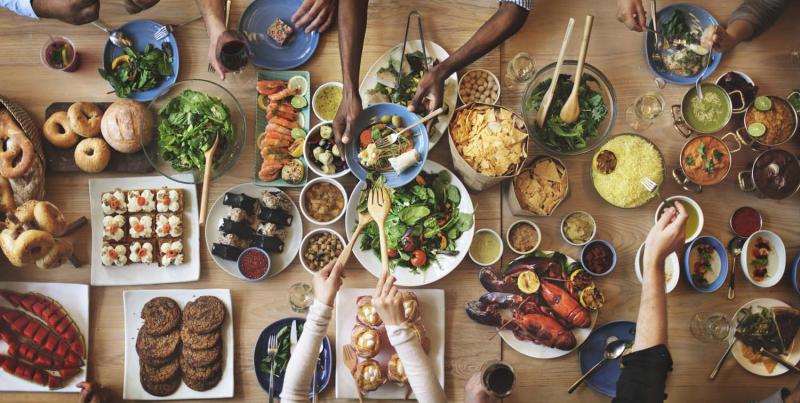
Practice guide: Food and nutrition
This document from the Centre for Cultural Diversity in Ageing provides guidelines on the symbolic representation of food in some cultures, the relationship between nutrition and some cultures and religions, appropriate utensils, key considerations when catering for various cultures and a link to nutritious recipes from over 30 different countries.